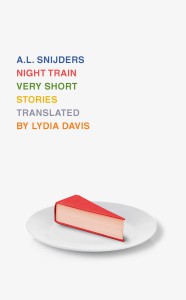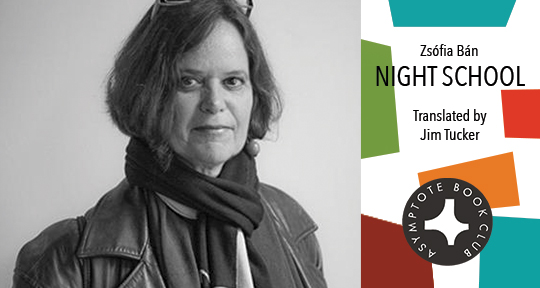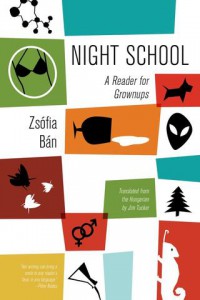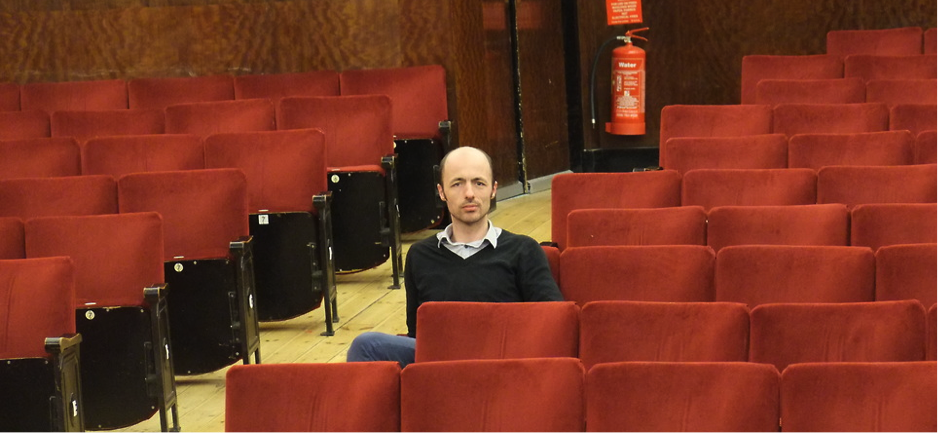This month, our selections of the best in world literature are unified by their writers’ undeniable strength of voice and masterful control of the narrative form. From the Netherlands, a collection of A.L. Snijder’s very short stories—a genre invented by their author—revels in the unreal natures of our reality. From Croatia, the dark humorist stylings of Robert Perišić masterfully delineate the unrealiable boundaries of nations and psychologies. And from Poland, reporter and writer Margo Rejmer brings us a rare and intimate glimpse at Communist Albania under the fractious rule of Enver Hoxha, from the people who lived through it.

Night Train by A.L. Snijders, translated from the Dutch by Lydia Davis, New Directions, 2021
Review by Thuy Dinh, Editor-at-Large for the Vietnamese Diaspora
“For more than fifty years I have cherished one wish: to travel. This wish is part of another wish: for reality without reality—stories that are indistinguishable from the truth.”
—A.L. Snijders, “Baalbek” from Night Train
The key to understanding A.L. Snijders’s very short stories (dubbed zkv—zeer korte verhalen) lies inside “Baalbek,” where the Dutch author connects his desire to visit Lebanon’s ancient Roman outpost with creating stories that depict “reality without reality.” The Stone of the Pregnant Woman, a megalith found in Baalbek and enshrouded with otherworldly presence, represents the perfectly magnified symbol for Snijders’s miniature approach. His Night Train—a collection of ninety-one zkv translated by Lydia Davis—is a shapeshifting amalgam of fable, zen koan, commentary, lyrical essay, and autobiography. As an immersive foray into the unknown, the instability of Snijders’s narrative form produces a trompe-l’oeil effect “indistinguishable from the truth,” giving the reader a sensation of being at once disoriented and illuminated.
Born Peter Cornelis Müller in 1937 in Amsterdam, Snijders came from a large, bourgeois Catholic family. The dual forces of freedom and order constitute the main themes of his life and work. Artistic and cosmopolitan, Snijders nevertheless chose a stable career teaching at a police academy and led a placid life as a gentleman farmer in rural Achterhoek, Holland’s eastern region. Even after being awarded the Constantijn Huygens Prize in 2010—one of the three most prestigious literary honors in Holland—Snijders did not, for years, deviate from the low-key routine of reading his work on an early morning radio show and circulating his steady flow of zkv among an email list of loyal readers. Ever industrious, he passed away this past June while working on new material.
The commonplace in Snijders’s oeuvre is imbued with mystery. In “Minor Characters,” Snijders’s alter-ego wonders if his compressed fiction may actually be “unpsychological novel[s] for people who understand nothing about psychology.” If reality resembles an unseen but anarchic mole emerging each night to turn Snijders’s garden into a surrealist landscape (“Mole”), then the author’s aesthetic philosophy suggests holistic means to affirm “what can never be understood.” This notion of reality as unknowable, or “unpsychological,” represents the trademark of Snijders’s fiction, allowing his narrative—as both burrowing animal and spy—to elude conventional expectations and assume an enigmatic depth, despite its compact form. READ MORE…






